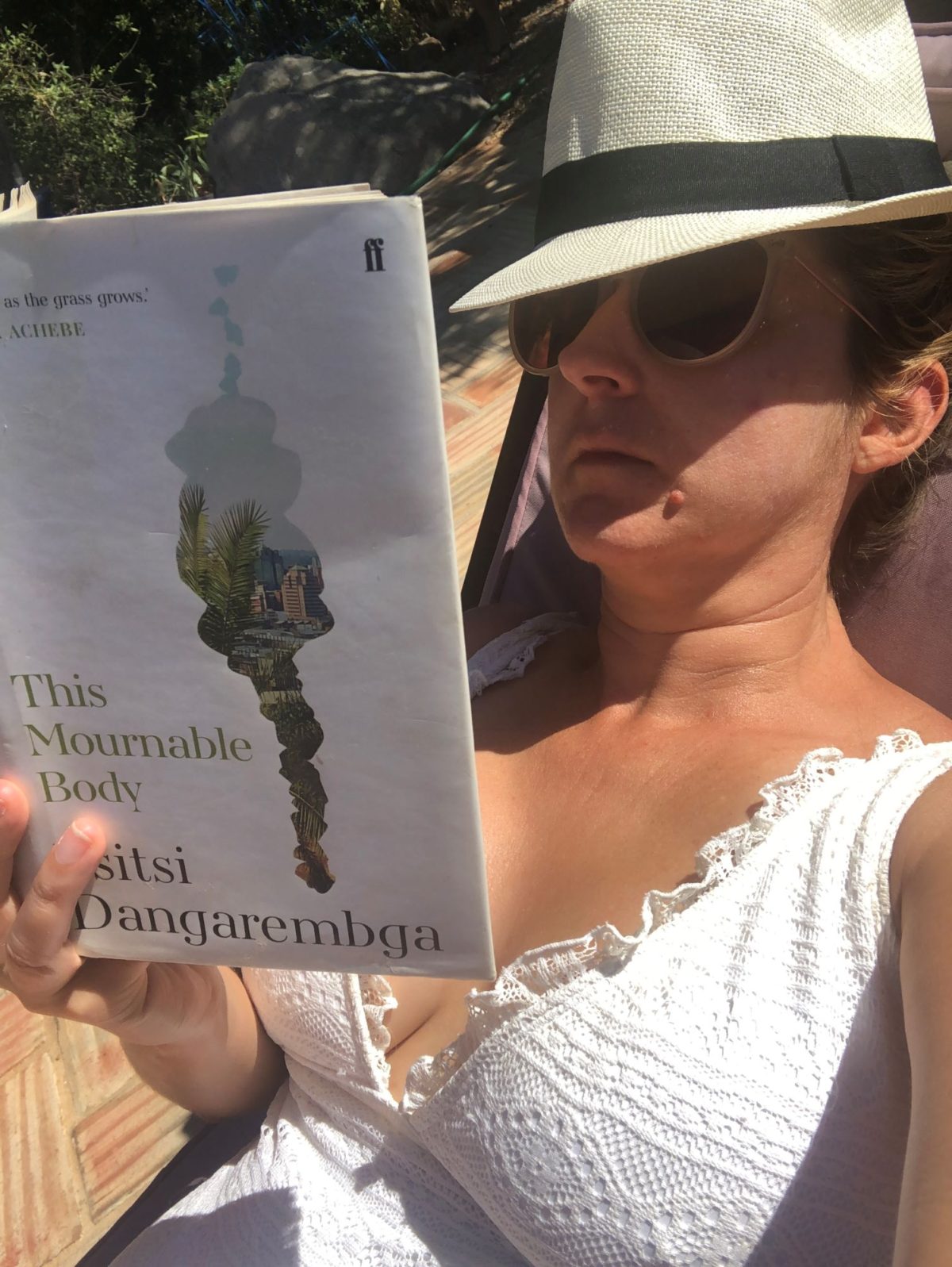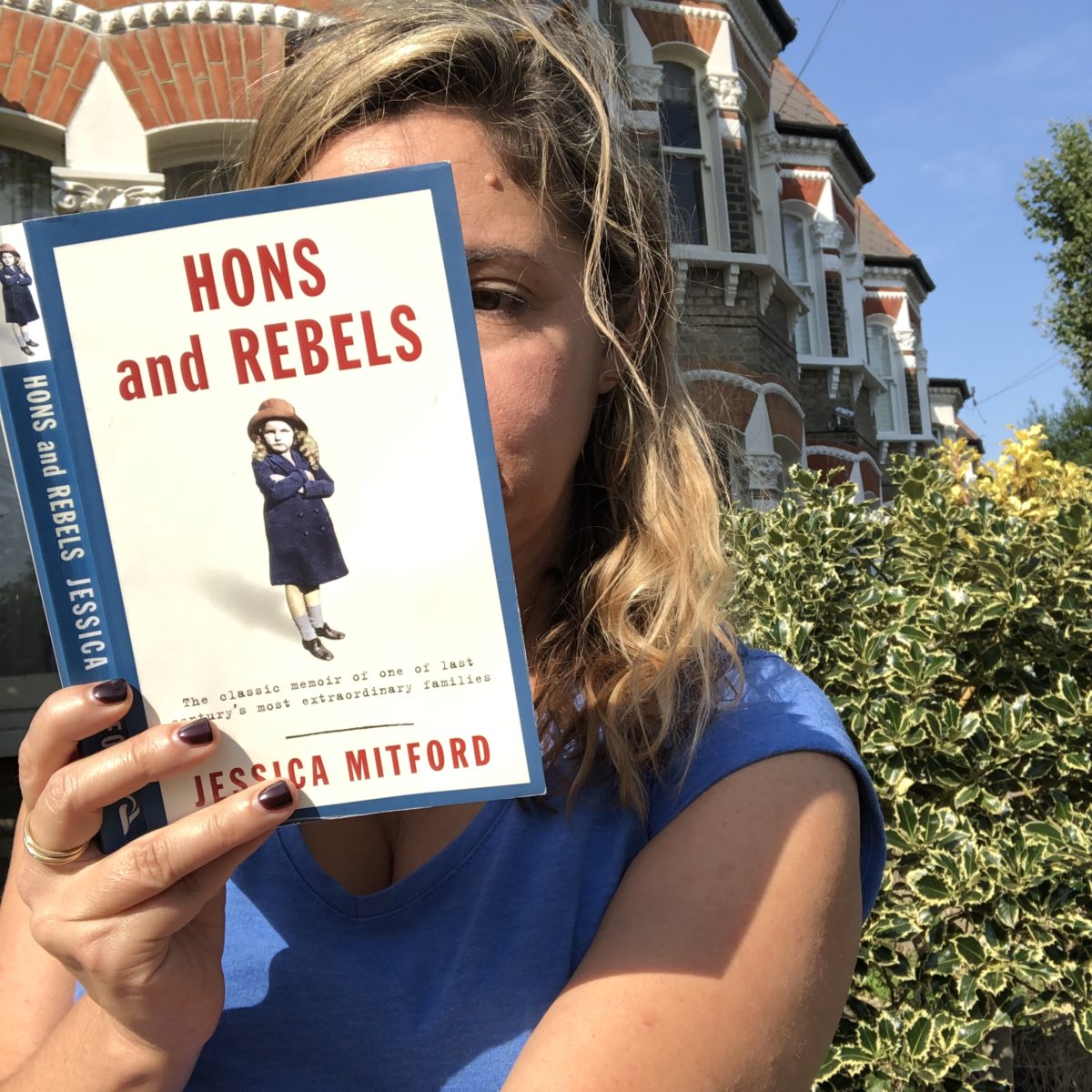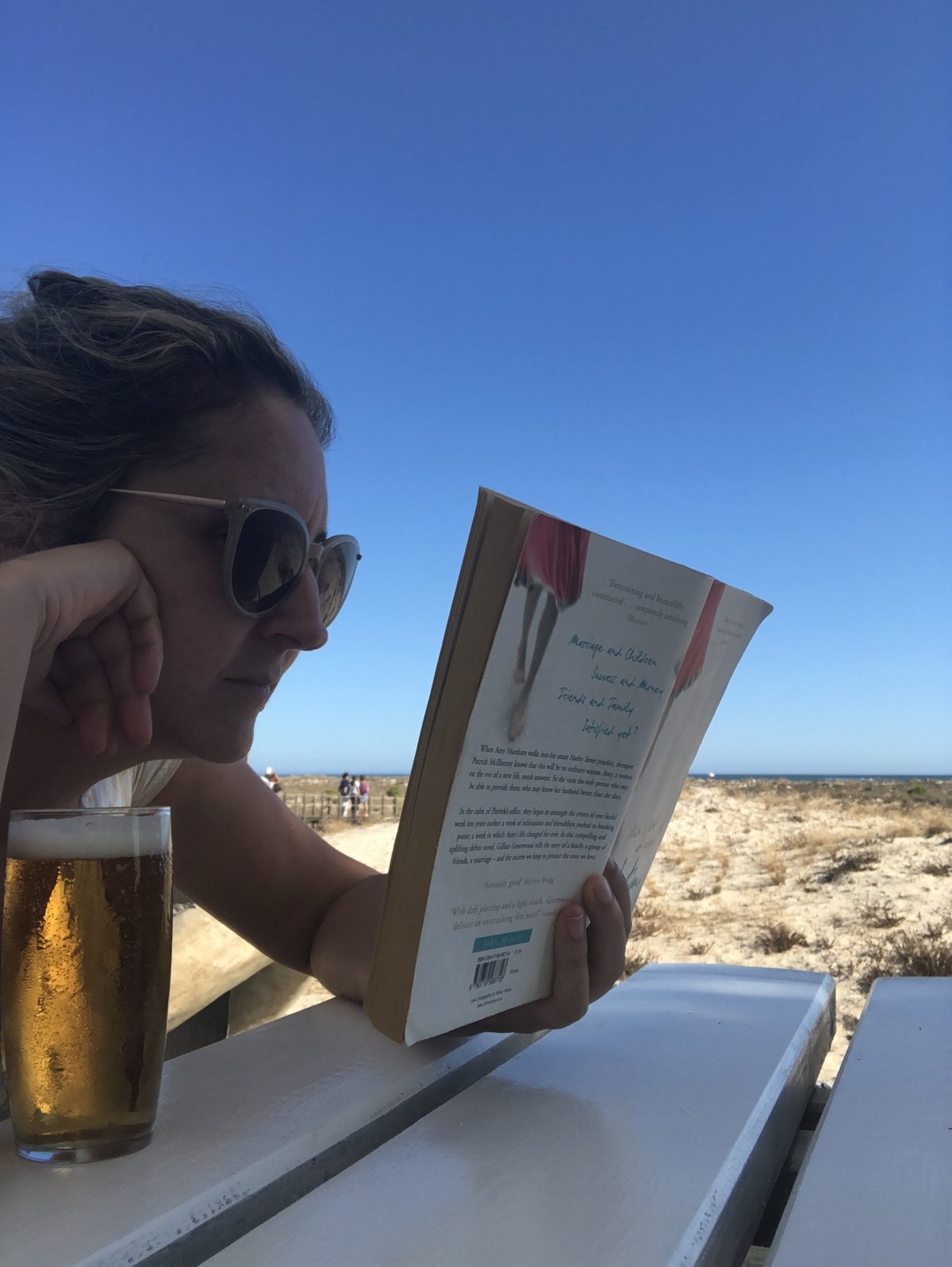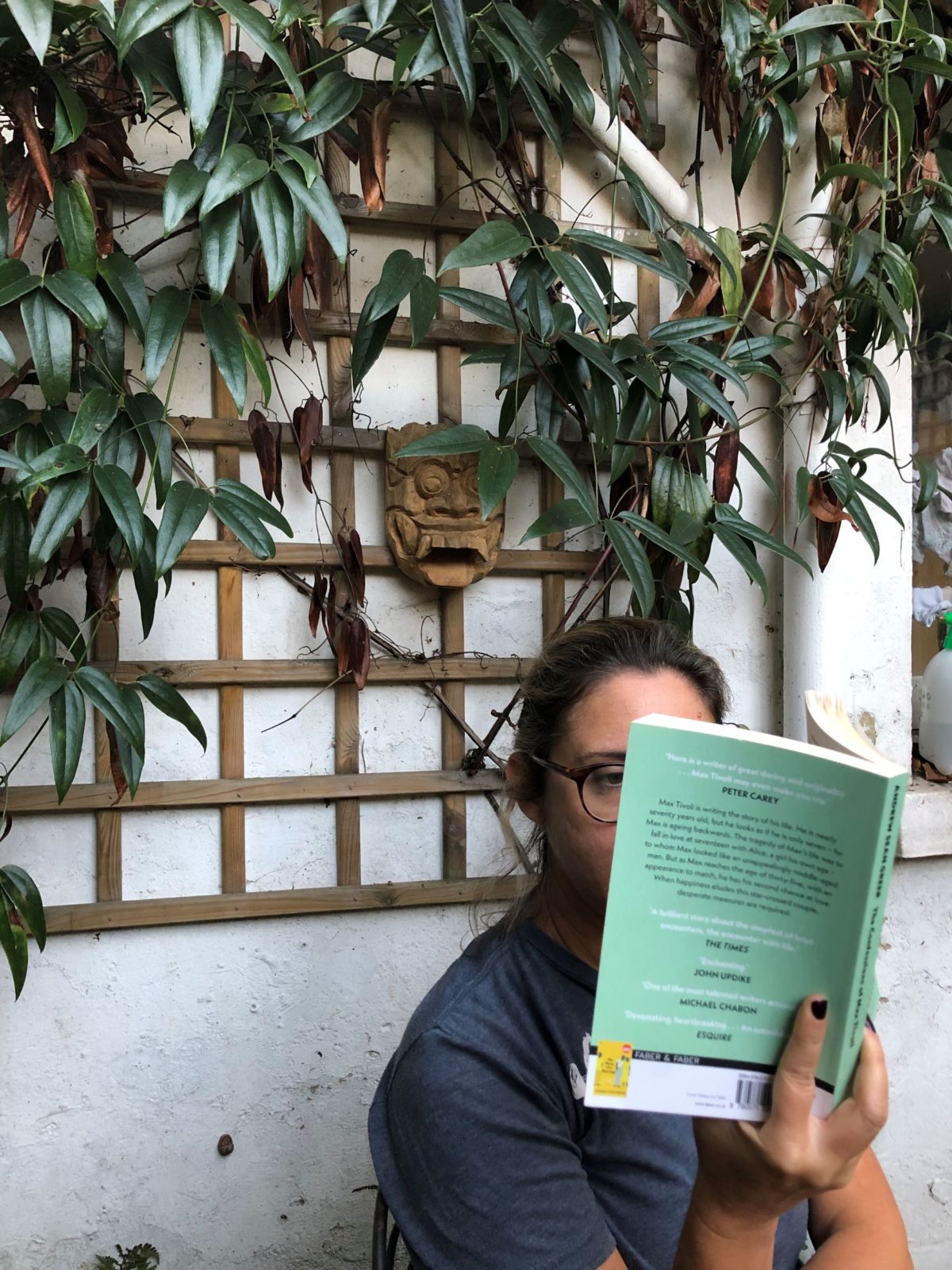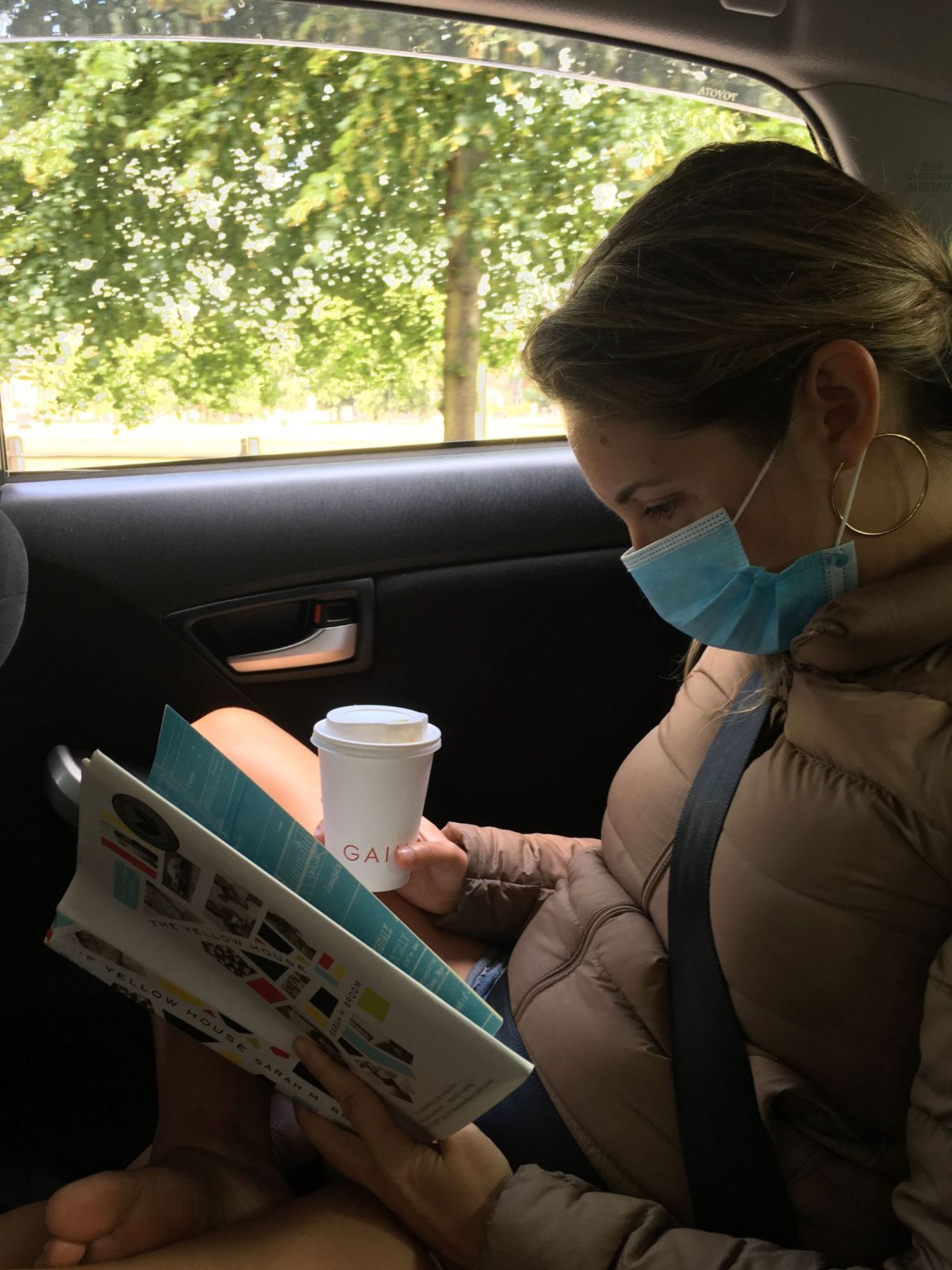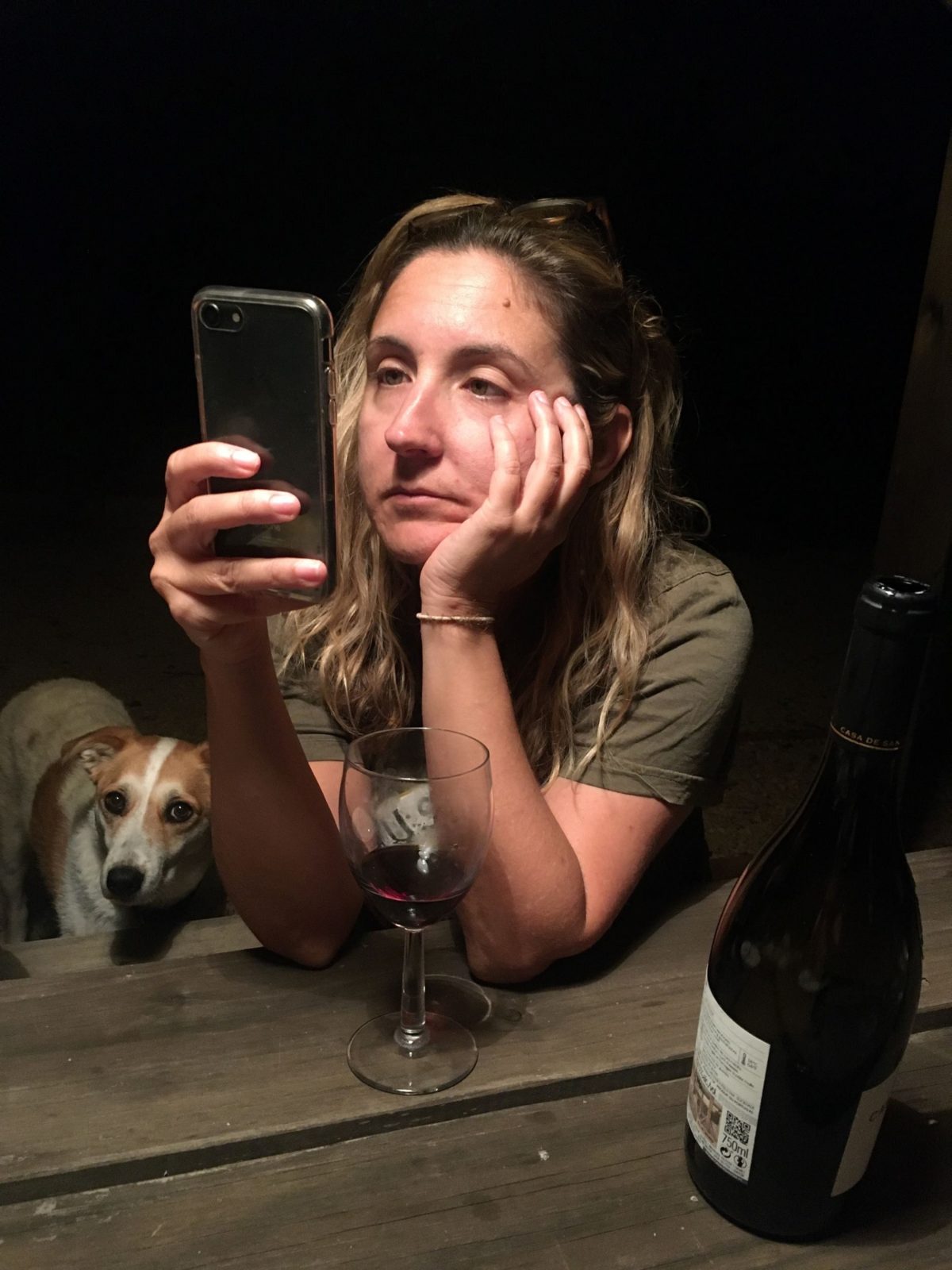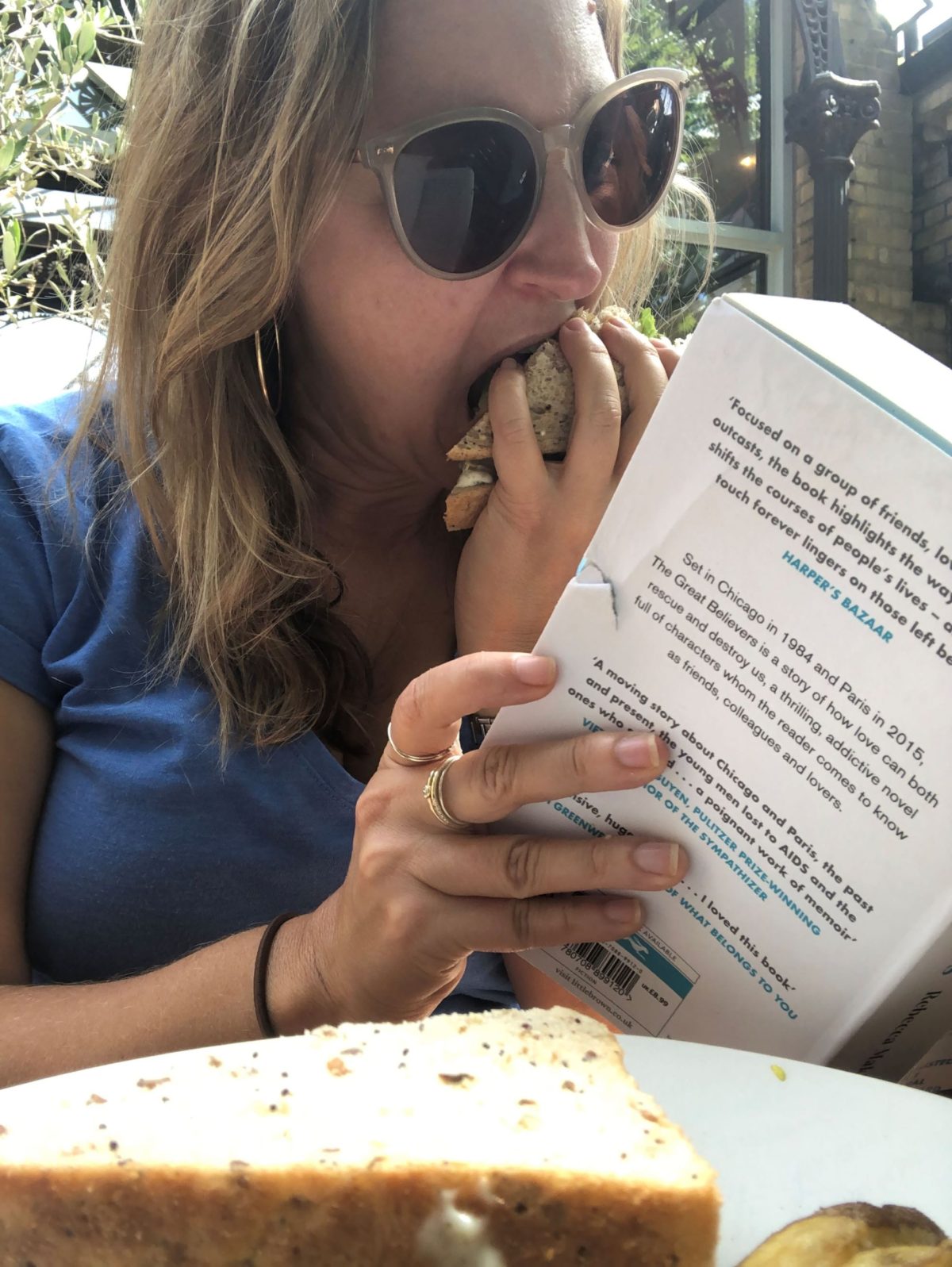It is a well known that home-schooling rarely ends well, and here is a prime example. .
She is brought up with her five siblings in a stately home in the English countryside by her deeply eccentric parents, describing her childhood as having a ‘rich vein of lunacy.’ Interestingly, one of those siblings was Nancy Mitford, whose comic novel THE PURSUIT OF LOVE I have read four or five times. It is so hilariously strange that I used to think it was semi-autobiographical, now I conclude it is just straight up autobiographical, perhaps even toned down a bit.
It’s not so much they don’t’ send them to school as they don’t’ do anything at all for them. The kids, already pretty weird, are left to their own devices, and just get weirder and weirder.
Jessica saves all her birthday and Christmas money every year into her ‘running away fund’. No one takes her seriously but at eighteen she runs off to join the Spanish civil war. She doesn’t get there, but she does end up marrying some guy she has known for three weeks. Incredibly, it is a happy marriage but not without some challenges:.
No one had ever explained to me that you had to pay for electricity; and lights, electric heaters, stoves blazed away night and day.
They end up in a lot of debt. They move to America and are overwhelmed by the hospitality, comparing it to the upper class England they know: “It’s inconceivable that anyone would ask them to stay unless they’d known them for ages, and probably not even then if they didn’t know their parents.”
And how involved everyone is:
Roaming the streets of New York, we encountered many examples of this delightful quality of New Yorkers, forever on their toes, violently, restlessly involving themselves in the slightest situation brought to their attention, always posting alternatives, already ready with an answer or an argument
The book ends abruptly with her husband off to fight in WWII. She tells us, in one of the only footnotes in the book, that “He was killed in action in November 1941, at the age of twenty-three,” making this by far the strangest sublimation of grief I’ve ever seen in a memoir.
This is not her only tragedy. While she ran off to join the Communists, her sister Unity ran off to join the Nazis, falling madly in love with Hitler, and then, when the war began trying to kill herself and ending a vegetable.
I am going to read the next instalment. I really can’t imagine where this life is going.


